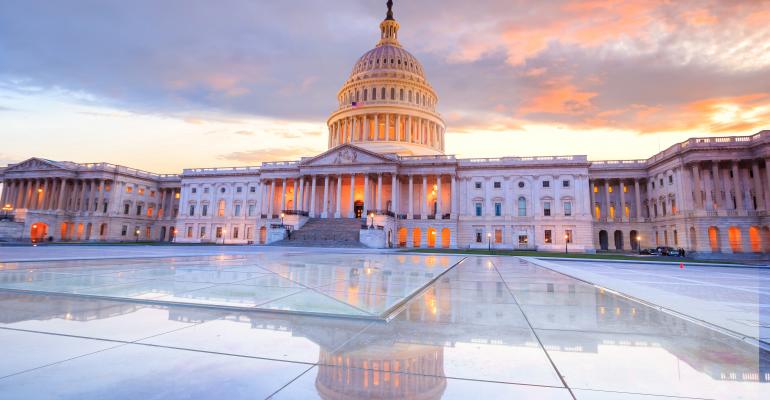A new, bipartisan bill targeting resort fees has been introduced in Congress by Rep. Eddie Bernice Johnson (D-TX) and Rep. Jeff Fortenberry (R-NE). H.R. 4489 The Hotel Advertising Transparency Act of 2019 would require any additional fees to be included in the advertised price for a room so that consumers comparing lodging rates could make a fair assessment of costs. A resort fee—or similar “urban fee,” “destination fee,” or “facility fee”—often ranges from $15 to $50 per night and can sometimes be much higher. In this list of the Worst Resort Fees from The Points Guy, the fees can sometimes cost more than the rooms. If the bill passes, the resort fee will essentially be absorbed into the room rate so that the actual rate appears in searches of aggregate booking sites and on the hotel company booking site as well.
Resort fees are so contentious that when Booking.com announced in May that beginning on June 1 it would start calculating commissions based on the room rate plus the additional fee, multiple hotel brands including Golden Nugget, Wynn, and Red Rock Resorts retaliated by refusing to provide room inventory to the online booking platform. Booking.com has now delayed the action until January 2020.
There are already two lawsuits underway filed by the attorneys general of all 50 states aimed at Hilton Hotels and Marriott International to stop what they see as deceptive advertising on room rates.
Representatives from major hotel chains have consistently argued that the fees are explicit during the booking process, although to reach that information the consumer has to first select the accommodation based on a price that does not include the fee, and then go through several steps to book the property before the fee is revealed.
In July, Marriott CEO Arne Sorenson defended the fees in this interview, claiming that they represent benefits that would cost more to purchase separately.
Resort fees represent a large amount of money that hotels don’t have to pay booking commission on or disclose on comparison sites each year. When introducing H.R. 4489 H.A.T.A. in the House, Rep. Johnson said, “In 2019 alone, over $3 billion in revenue will be collected from consumers due to these deceptive hidden fees.”





